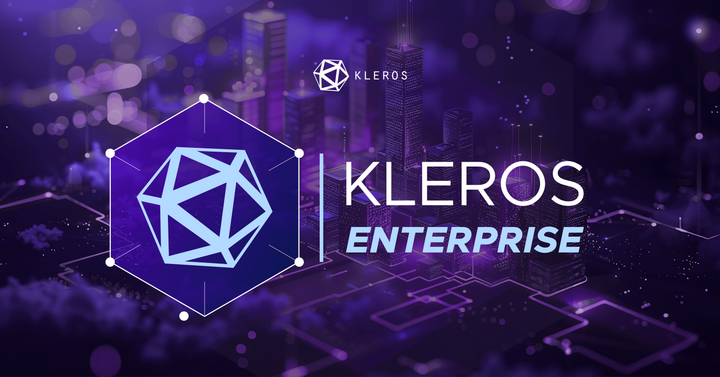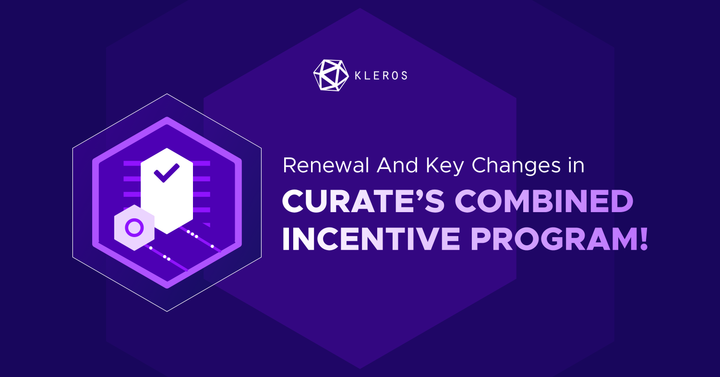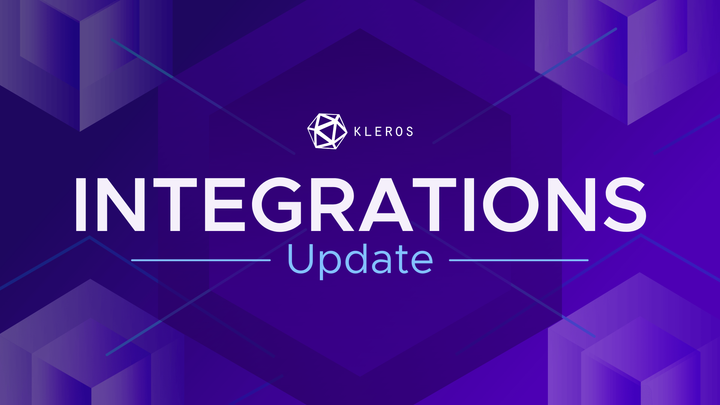Launching the Kleros Fellowship - Second Edition
Kleros is proud to announce the graduation of our first Kleros Fellow and the launch of the next iteration of the Kleros Fellowship!
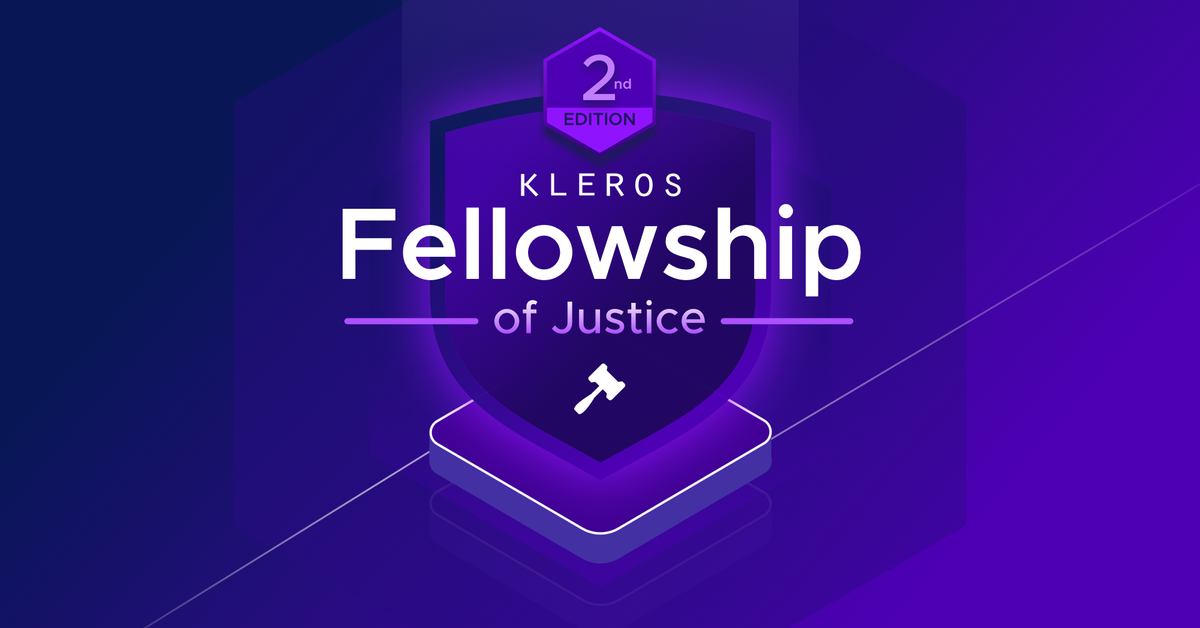
In August 2018, we launched the Kleros Fellowship of Justice, a program with the goal of creating a strong community of experts in decentralized justice. Now is the time for the second edition.
In this 2–6 month long remote program, participants from the fields of computer science, cryptoeconomics, law and business get exposed to the cutting edge of civic technology we’re building at Kleros.
For the duration of the Fellowship, the candidates collaborate with core members of the Kleros team by doing work or conducting research relevant to the advancement of decentralized justice.
Of the several dozen applications we received, seven candidates were accepted to the Fellowship (want to know who they are and what is their research about? Go here).
Dmitry Narozhny, a corporate lawyer based in Russia, just graduated as the first Kleros Fellow with his research on the interfaces between Kleros and traditional arbitration (download his research report here).
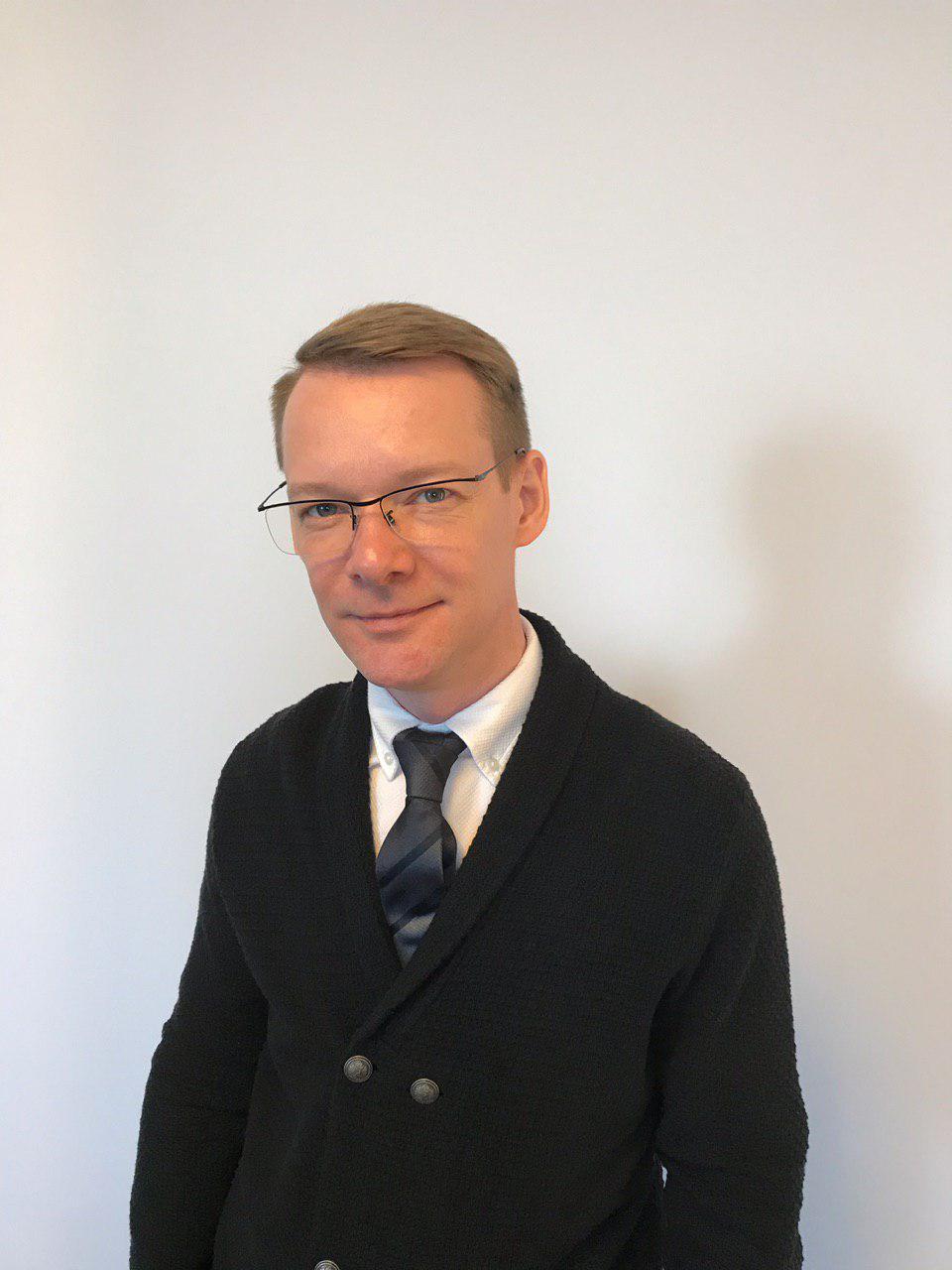
As the other fellows are finishing their projects, we are happy to announce the launch of a new edition Kleros Fellowship of Justice Program.
Tracks
The Program is composed of four tracks covering the key fields involved in Kleros: DApp Development, Cryptoeconomics, Law & Society and Business.
Candidates have to apply to their field of choice and the specific skills to be accepted will depend on the chosen track.
However, they all require a number of general abilities, including:
- High level communication skills in English.
- Teamwork spirit.
- Ability to work remotely and autonomously.
DApp Development Track
The development of decentralized applications is a new discipline in computer science. Activities in this track involve writing code, participating in code reviews, developing tests and dealing with potential bugs and vulnerabilities.
Who should apply?
People with computer science background interested in increasing their knowledge and skills on decentralized applications.
Example of topics:
- Launching new features or enhancements to the platform.
- Writing tests for new or existing features.
- Improving performance and identifying potential flaws or vulnerabilities.
Cryptoeconomics Track
Cryptoeconomics refers to the combination of cryptography, computer networks and game theory to create secure and decentralized systems. Activities in this track involves conducting cryptoeconomics research with the goal of making Kleros more robust, efficient and secure.
Who should apply?
People with background in computer science, mathematics and economics interested in increasing their knowledge in cryptoeconomics.
Examples of topics:
- Developing better voting mechanisms.
- Conducting dispute resolution in multi-outcome situations. Handling user griefing in dispute resolution systems.
- Working on the problem of honest unity (incentivizing an oracle so that there is a high likelihood that at least one honest response is submitted).
- Improving random number generation among parties not trusting each other.
- Developing methods for optimizing the use of gas in Ethereum.
(Since the launch of the first edition of the Fellowship, Kleros has generated a large amount of data waiting to be mined to get insights about user behavior. Lots of fascinating research opportunities to become a pioneer in the cryptoeconomics of decentralized justice.)
Law & Society Track
Kleros is a groundbreaking civic technology with many implications on legal and governance systems. Activities in this track involve conducting research on the interactions between Kleros and legal, regulatory and governance systems.
Who should apply?
People with background in law, social science, economics or humanities fields interested in the impact of blockchain on governance, economic and legal systems.
Examples of topics:
- Adapting regulation to foster the use of Kleros.
- Understanding Kleros’ contribution to access to justice in emerging economies.
- Using Kleros in government: what are the low hanging fruits?
- Is Kleros a workable arbitration method for disputes in renewable energies?
Track Business
This track involves research and work on use cases of Kleros and business models in the field of decentralized justice. Activities in this track are oriented to have a better understanding of Kleros use cases and fostering adoption.
Who should apply?
People with background in business and entrepreneurship, interested in legaltech and blockchain.
Examples of topics:
- Understanding Kleros use cases: a strategic analysis matrix.
- Designing legal products based on Kleros.
- Applying Kleros in the insurance industry.
- Developing curated list use cases of Kleros.
Follow this link to learn more about the program and submit an application here.
The goal of the Fellowship is to bring brilliant people into the decentralized justice conversation and to create a vibrant research community. We are happy about the results of the first edition and eager to welcome a new cohort into the program.
Over time, graduates from the Fellowship will be recognized as world experts in the field of decentralized justice.

Join the community chat on Telegram.
Visit our website.
Follow us on Twitter.
Join our Slack for developer conversations.
Contribute on Github.


